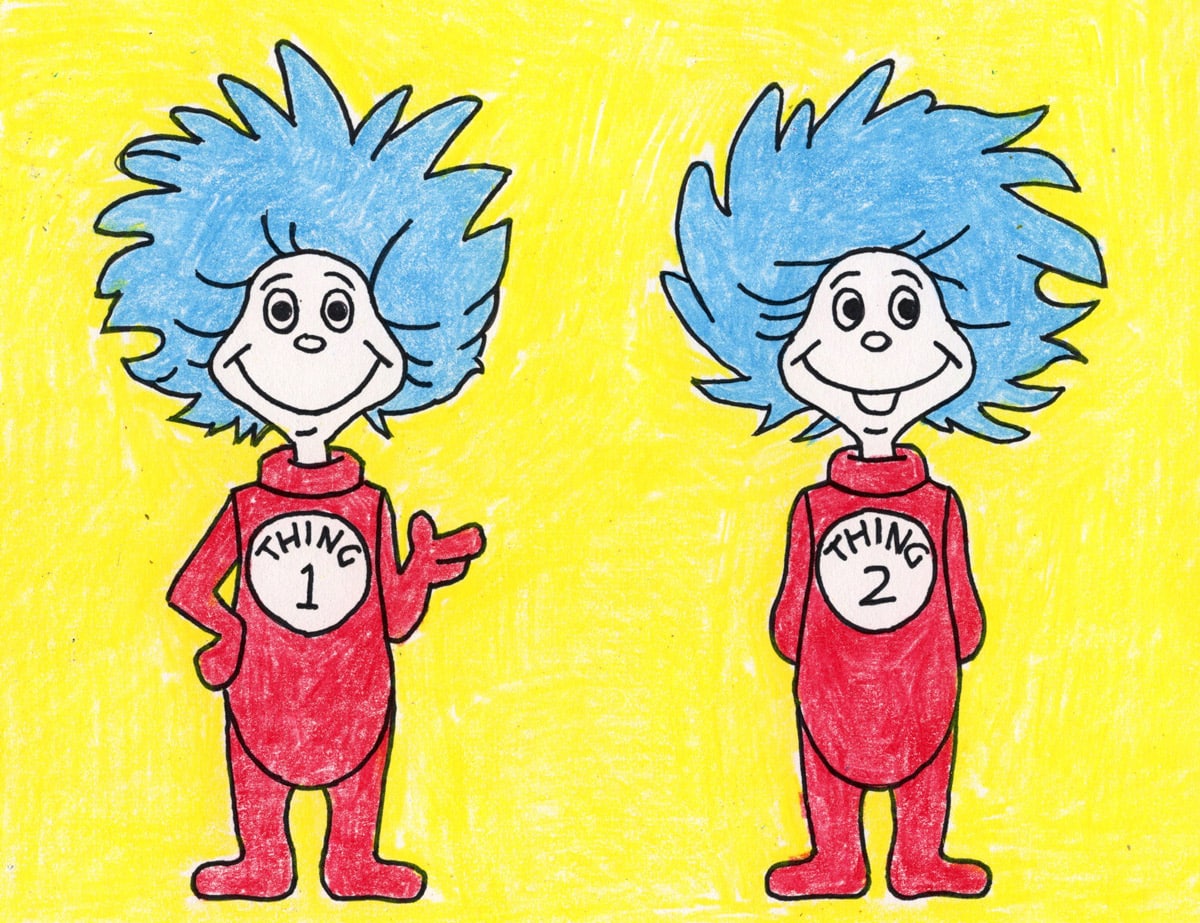
Testosterone Replacement Therapy (TRT) is gaining attention as a treatment for men experiencing low testosterone levels. But is it safe, effective, and worthwhile? The claims make TRT sound like the next miracle in medicine, but is it true?
As a hormone that plays a crucial role in male health, testosterone impacts various bodily functions, including muscle mass, bone density, and sexual health. However, as with any medical treatment, it’s important to know everything involved before making a decision.
This article explores the ins and outs of TRT therapy (also called TRT treatment), offering a balanced perspective on what men need to know, who might benefit, the advantages, and the potential dangers associated with this treatment.
Guys, Here Are Our 9 Favorite Men’s Wellness Apps to Download Today
What to Know About Testosterone Replacement Therapy
TRT therapy involves the administration of testosterone to men whose bodies produce insufficient levels of this hormone. Low testosterone, or hypogonadism, can result from various factors, from aging, to medical conditions, and lifestyle choices.
The goal of TRT treatment is to restore testosterone levels to a normal range, in turn alleviating symptoms associated with low testosterone.
It is crucial to undergo a thorough medical evaluation before starting TRT to determine whether it is appropriate for your specific situation.
There are multiple methods of administering TRT: injections, patches, gels, and pellets implanted under the skin. Each method has its own set of pros and cons, and the choice of treatment often depends on individual preferences and medical advice.
Dr. Abraham Morgentaler, an associate clinical professor of urology at Harvard Medical School, notes, “TRT can be life-changing for many men suffering from low testosterone. It’s important to approach it with a thorough understanding and proper medical guidance.”
Who Is a Candidate for Testosterone Replacement Therapy?
TRT therapy is typically recommended for men who have been diagnosed with clinically low testosterone levels and exhibit symptoms such as fatigue, decreased libido, erectile dysfunction, and loss of muscle mass.
Aging Men
As men age, testosterone levels naturally decline. TRT can help lessen the effects of aging, such as reduced energy levels and muscle mass.
Men with Medical Conditions
Conditions like hypogonadism, pituitary disorders, and certain genetic conditions can lead to low testosterone levels that may benefit from TRT treatment.
Men with Lifestyle-Related Declines
Obesity, chronic stress, and poor lifestyle choices can also contribute to low testosterone levels, and TRT may be considered as part of a comprehensive treatment plan.
It is crucial to undergo a thorough medical evaluation before starting TRT treatment to determine whether it is appropriate for your specific situation.
The Potential Benefits of Testosterone Replacement Therapy
The following list of potential benefits of using TRT therapy is based on scientific studies. It’s important to note that some areas of research are still developing and further testing needs to be done.
1. Improved Sexual Function
TRT can significantly enhance libido and sexual performance in men with low testosterone. Men often report increased sexual desire and better erectile function.
2. Increased Muscle Mass
Testosterone plays a vital role in muscle development. TRT treatment can help men gain muscle mass and strength. This can be of particular benefit for those who experience muscle wasting caused by low testosterone.
3. Enhanced Mood and Mental Clarity
Interestingly enough, low testosterone levels are often associated with depression, cognitive difficulties, and mood swings. TRT can help improve mental clarity and work as a mood-stabilizer. Many men report feeling more focused, energetic, and less irritable after starting TRT therapy.
4. Improved Bone Density
Testosterone is key for maintaining bone density. Men undergoing TRT therapy may experience improvements in bone strength, which can in turn reduce the risk of fractures and osteoporosis. This is particularly important as men age.
5. May Support Cardiovascular Health
Some studies show that TRT may have positive effects on cardiovascular health by reducing cholesterol levels and improving heart function. However, this area of research is still evolving, and more studies are needed to confirm these benefits.
Hey Guys – Take This Yoga Class Just for You on YA Classes
Did you know? Yoga supports cardiovascular health, helps build strength (and mobility), and enhances mood and mental clarity!
Yoga Class
With Billy Potocnik
The Potential Risks and Dangers of Testosterone Replacement Therapy
The following list of potential risks and dangers associated with TRT therapy is based on scientific studies.
1. Increased Cardiovascular Risk
While some studies show potential benefits (listed above), others indicate potential cardiovascular risks associated with TRT treatment. The dangers include a potential increased risk of heart attack and stroke. It is crucial to monitor heart health closely and discuss any preexisting conditions with your healthcare provider.
2. Increased Risk of Prostate Cancer (Maybe…)
Testosterone can stimulate prostate growth, potentially exacerbating conditions like benign prostatic hyperplasia (BPH) or increasing the risk of prostate cancer. Regular prostate screenings are essential for men undergoing TRT therapy to detect potential issues early on. However, recent studies show that the appropriate use of testosterone therapy does not appear to raise prostate cancer risk.
Dr. Shalender Bhasin, professor of medicine at Harvard Medical School shares that “While TRT can offer significant benefits, it’s vital to be aware of its potential effects on prostate health. Regular monitoring is key.”
3. Acne
An increase in testosterone levels beyond the body’s natural production can impact the skin’s oil-producing glands (sebaceous glands), this can cause an overproduction of sebum, an oily substance that contributes to acne formation. Men that had acne as in their teens are more likely to experience this side affect from TRT.
4. Can Lead to Erythrocytosis
TRT can lead to an increase in red blood cell count, or erythrocytosis, which can thicken the blood and increase the risk of clotting. Those on TRT therapy should take regular blood tests to monitor this side effect and manage it as needed.
5. May Cause Hormonal Imbalances and Infertility
Introducing external testosterone can disrupt the body’s natural hormone production, which could lead to hormonal imbalances. This can affect fertility, as TRT can reduce sperm production and testicular size. Men considering fatherhood should discuss this potential risk with their healthcare provider.
6. Ongoing Cost/Expense
TRT therapy can be a long-term treatment requiring ongoing costs for medications, doctor’s visits, and monitoring tests. These expenses can add up over time, making it a significant financial commitment. It is essential to consider the long-term financial implications of TRT and discuss these with your healthcare provider and insurance company.
Weigh the Potential Risk Vs. Benefit of TRT Treatment
Testosterone Replacement Therapy offers numerous potential benefits for men suffering from low testosterone, including improved sexual function, increased muscle mass, better mood, enhanced bone density, and possibly better cardiovascular health.
However, it also carries risks such as cardiovascular issues, prostate health concerns, oily skin, erythrocytosis, hormonal imbalances, and ongoing costs.
Before deciding on TRT treatment, it is essential to have a comprehensive discussion with a healthcare provider to weigh these benefits and risks based on your individual health profile, lifestyle, and needs. Regular monitoring and follow-up are crucial to ensure the therapy’s safety and effectiveness.
Final Advice and Resources
First, it’s important to consult with a TRT specialist. Seek advice from a healthcare provider that specializes in hormone therapy.
Regular monitoring is key. If you decide that testosterone replacement therapy is right for you, it is crucial to commit to regular blood tests and health check-ups.
Finally, maintaining a healthy lifestyle has never been more important! Complement TRT treatment with a healthy diet, regular exercise, and stress management techniques to help maximize the benefits, reduce the risks, and support your physical and mental wellbeing.
Testosterone Replacement Therapy Resources:
The following resources offer additional information, peer-reviewed studies, and support for anyone wanting to learn more about testosterone replacement therapy.
This article is for informational purposes only and should not be considered medical advice. Consult a healthcare provider for personalized medical advice and before starting any new treatment.





